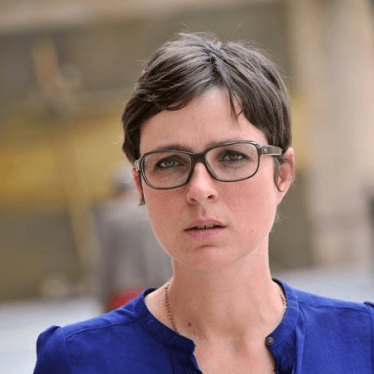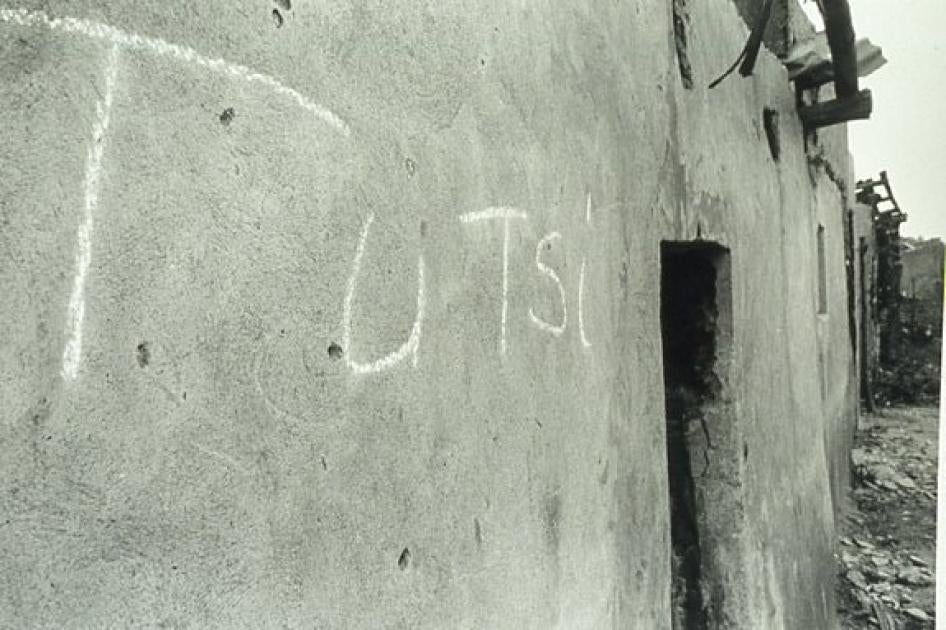A French court on Saturday confirmed the 25-year prison sentence of Pascal Simbikangwa for genocide and complicity in crimes against humanity.
Simbikangwa was a former intelligence chief in Rwanda prior to and during the 1994 genocide, and was close to former president Juvénal Habyarimana. Human Rights Watch documented the genocide, including the involvement of Simbikangwa, in detail and has monitored trials of genocide suspects in Rwanda and abroad.
Orchestrated by ethnic Hutu political and military extremists, the genocide in Rwanda claimed around 800.000 lives and was exceptional in its brutality, meticulous organization, and the speed with which the killings were carried out.
In March 2014, a criminal court in Paris had sentenced Simbikangwa to 25 years in prison. The confirmation of his sentence marks the completion of the first successful prosecution in France of a Rwandan genocide suspect, conducted by a then newly established war crimes unit.
France has been criticized, including by the European Court for Human Rights, for its slowness in bringing genocide fugitives living in France to book. France had backed the former government of Rwanda and supported and trained its military. Those forces went on to commit genocide.
In recent years, France has taken on a few other cases in addition to the Simbikangwa case. In October 2015, a French court dismissed a case against Wenceslas Munyeshyaka, a priest accused of genocide and crimes against humanity, citing a lack of sufficient evidence. In July 2016, a French court found Octavien Ngenzi and Tito Barahira, two former Rwandan mayors, guilty of genocide and crimes against humanity, and sentenced them to life imprisonment. Both announced they would appeal their sentence.
The Simbikangwa judgement comes amidst a new row between the French and Rwandan governments. In October 2016, France reopened an investigation into the downing of the airplane of Habyarimana, the event that triggered the start of the genocide. Rwandan President Paul Kagame threatened to further sever diplomatic relations, and in November 2016, the Rwandan prosecutor’s office opened an investigation into the role of 20 French officials during the genocide.
More than 22 years after the genocide, and after the International Criminal Tribunal for Rwanda and local, community-based gacaca courts have closed their doors, several genocide fugitives continue to walk freely. France and other countries should do everything in their capacity to bring the remaining suspects to justice.









